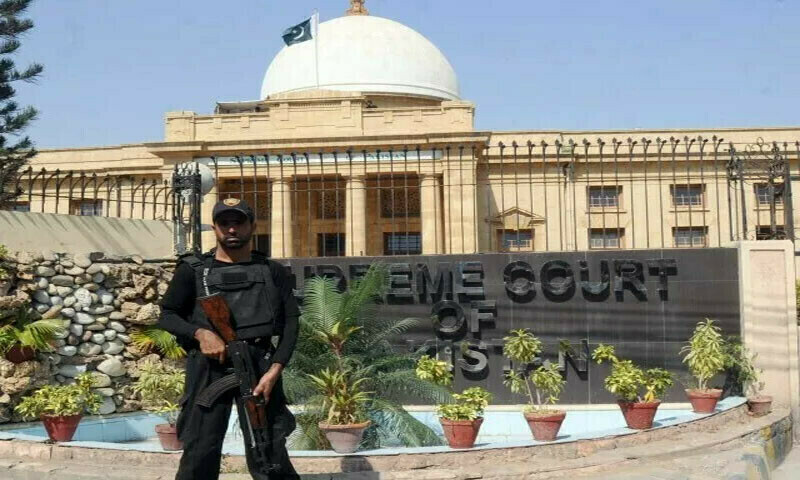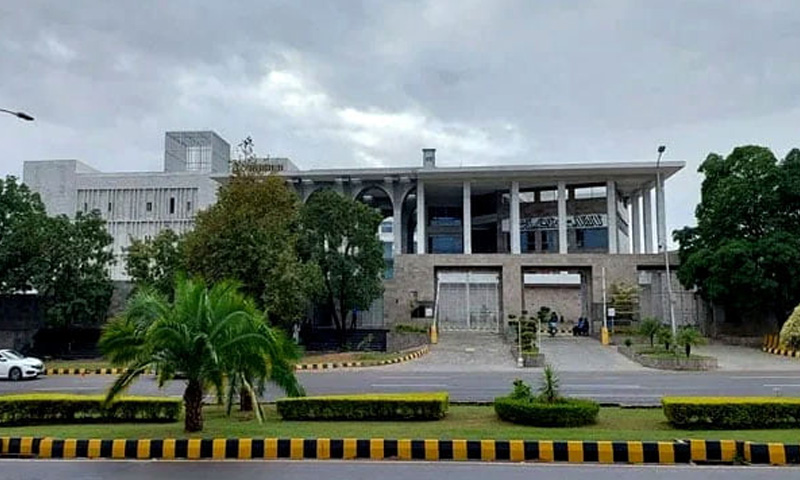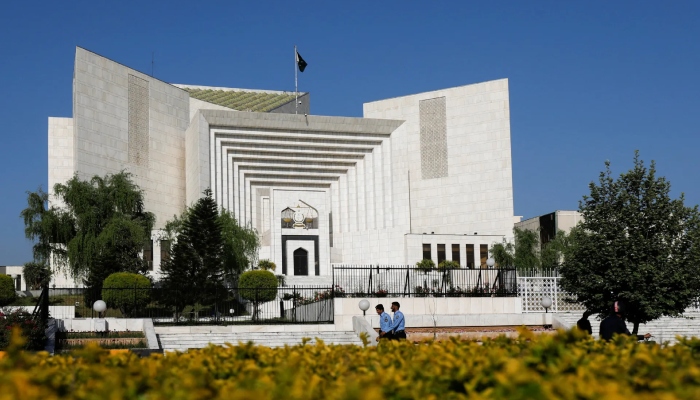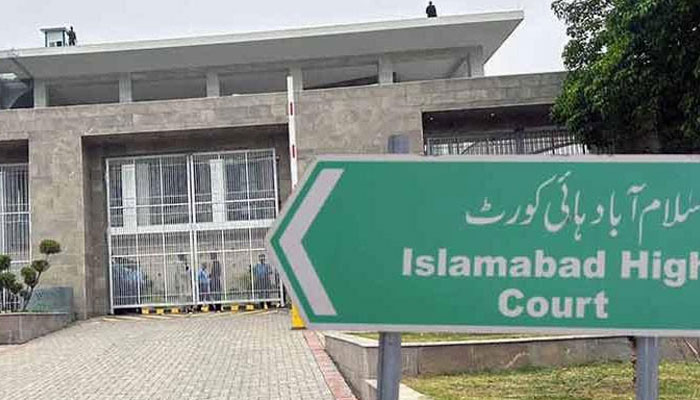LEGAL

The Supreme Court Karachi Registry has issued a written judgment in favor of the former managing judge of the Anti-Terrorism Court (ATC), who had challenged the curtailment of his judicial powers in the Mustafa Amir case.
A three-member larger bench of the apex court reviewed the petition and ruled that the judge — appointed by the Sindh government in September 2023 — had full legal authority to issue decisions relating to remand and custody in the case.
According to the written verdict, the Supreme Court has:
· Deleted the remarks made by the Sindh High Court (SHC) against the former managing judge.
· Affirmed that the judge had acted within his jurisdiction and authority under the Anti-Terrorism Act.
· Emphasized that judicial independence must be protected, and administrative interference cannot override legal powers conferred by law.
The former ATC judge had moved the Supreme Court after being deprived of his powers during proceedings in the high-profile Mustafa Amir case — a move that, according to the petitioner, undermined judicial integrity and procedure.
"A judge lawfully appointed has the authority to make decisions under the law, and his actions cannot be invalidated by external criticism," the court noted.
The decision is being viewed as a vindication of judicial autonomy and a warning against administrative overreach in sensitive legal proceedings.
Legal analysts say the ruling reaffirms the importance of maintaining judicial impartiality and procedural fairness, especially in cases related to terrorism or high-stakes criminal charges.




